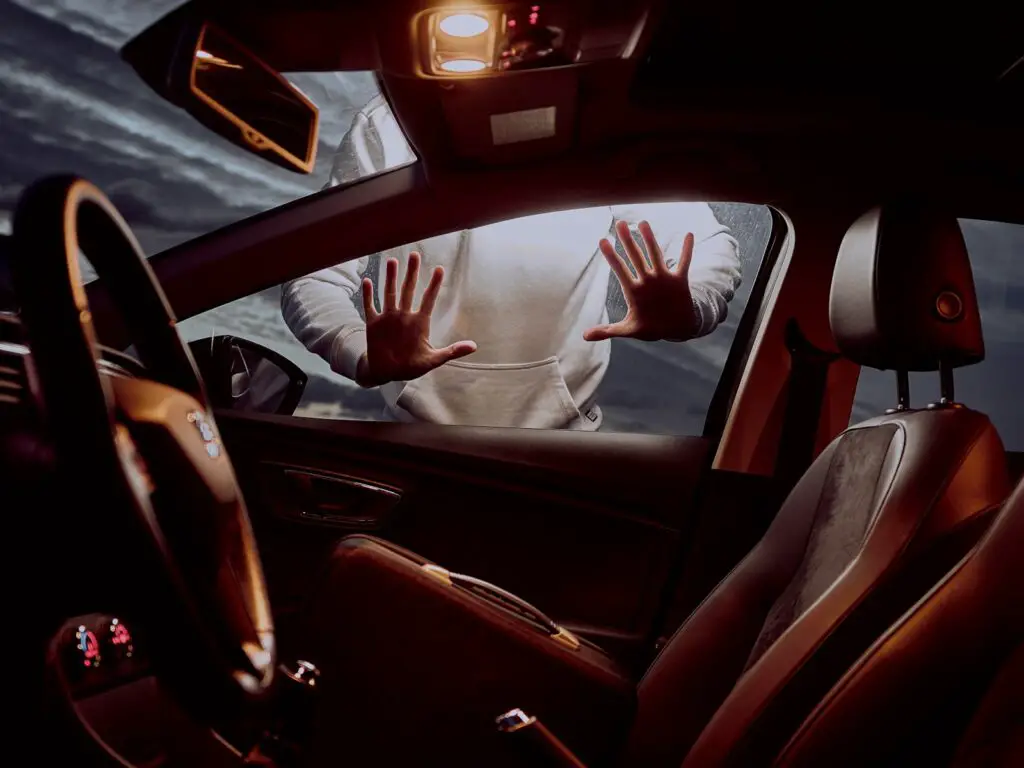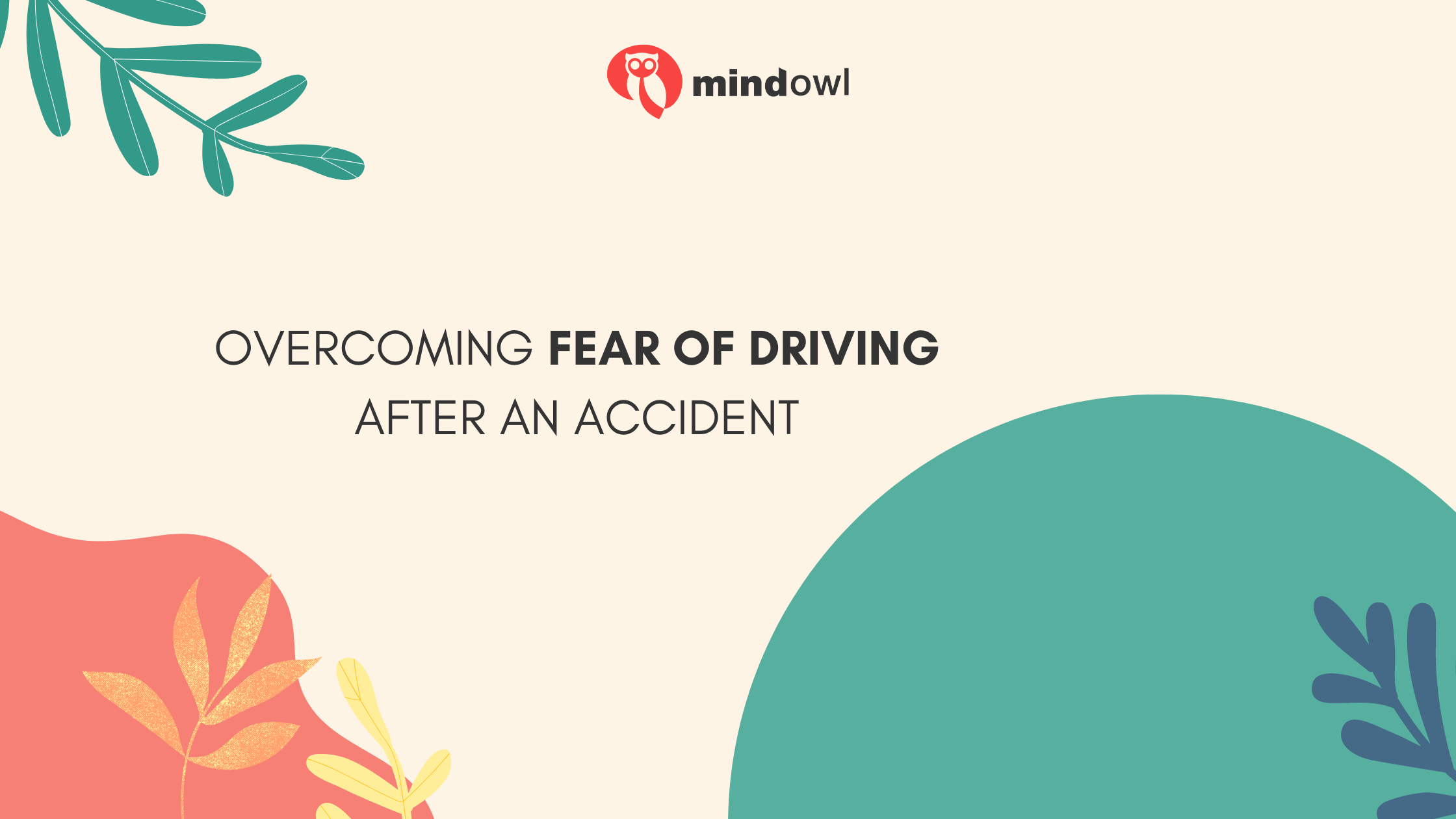Experiencing a car accident, regardless of its severity, can leave a lasting psychological impact. The fear of driving post-accident is a common yet debilitating condition known as vehophobia. This fear can disrupt daily life and limit personal freedom. If legal concerns from the accident are contributing to your anxiety, consulting a Sacramento auto accident attorney can help you address these issues, allowing you to focus more fully on your recovery and driving confidence.
With the right strategies and support, it is possible to overcome this fear and regain confidence behind the wheel. Here is a comprehensive guide on how to overcome the fear of driving after an accident.
Understanding Vehophobia
Vehophobia is more than just a reluctance to drive; it is a severe anxiety disorder triggered by the thought or act of driving. Symptoms can include sweating, rapid heartbeat, panic attacks, and an overwhelming sense of dread. Understanding that these reactions are a normal response to trauma is the first step in overcoming them.

Steps to Overcome Fear of Driving
- Acknowledge Your Fear: Accepting that you are afraid and understanding that this is a normal response to your experience is crucial. Denial can often exacerbate the problem.
- Seek Professional Help: Therapists, particularly those specializing in cognitive-behavioral therapy (CBT), can help you address and reframe your fears. Exposure therapy, a form of CBT, gradually exposes you to driving in a controlled and safe manner, helping you to desensitize to the fear.
- Gradual Exposure: Start by sitting in a parked car to familiarize yourself with the environment again. Progress to short, controlled drives in familiar areas during daylight and low-traffic times. Gradually increase the complexity and duration of your drives as your confidence grows.
- Practice Relaxation Techniques: Deep breathing exercises, meditation, and mindfulness can help manage anxiety. Practice these techniques regularly, and use them before and during driving to maintain calm.
- Enroll in a Defensive Driving Course: These courses not only improve driving skills but also boost confidence by teaching you how to handle potential road hazards effectively.
- Stay Informed About Your Vehicle: Understanding your car’s safety features and ensuring it is well-maintained can provide peace of mind. Knowing that your vehicle is equipped to keep you safe can reduce anxiety.
- Set Realistic Goals: Don’t rush the process. Set small, achievable goals and celebrate each milestone. Whether it’s driving to a nearby store or taking a longer route, recognize your progress.
- Build a Support System: Having a trusted friend or family member accompany you on drives can provide reassurance and encouragement. Sharing your fears with others can also help alleviate the burden.
- Positive Visualization: Visualize successful and calm driving experiences. This mental rehearsal can build confidence and reduce anxiety when you actually drive.
- Use Technology: Consider using driving apps that provide real-time feedback and navigation assistance. These tools can make driving less stressful by offering guidance and reducing uncertainty.
Coping Mechanisms for Anxiety
- Create a Calm Environment: Listen to soothing music or a favorite podcast to distract and calm your mind while driving.
- Stay Present: Focus on the present moment rather than anticipating potential problems. Mindfulness techniques can help keep your thoughts centered and calm.
- Regular Exercise: Physical activity can reduce overall anxiety levels and improve your ability to cope with stress.
- Healthy Lifestyle Choices: Adequate sleep, a balanced diet, and avoiding stimulants like caffeine can also help manage anxiety symptoms.
Moving Forward
Recovery from the fear of driving is a gradual process that requires patience, persistence, and support. By acknowledging your fears, seeking help, and implementing these strategies, you can overcome your fear of driving and regain your independence. Remember, every small step forward is progress. Be kind to yourself and celebrate each victory, no matter how minor it may seem.
MindOwl Founder – My own struggles in life have led me to this path of understanding the human condition. I graduated with a bachelor’s degree in philosophy before completing a master’s degree in psychology at Regent’s University London. I then completed a postgraduate diploma in philosophical counselling before being trained in ACT (Acceptance and commitment therapy).
I’ve spent the last eight years studying the encounter of meditative practices with modern psychology.

